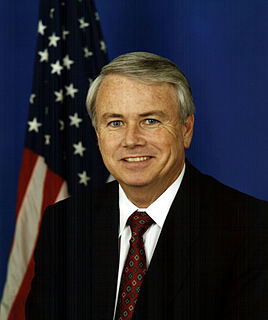A Quote by Benjamin Franklin
Private property ... is a Creature of Society, and is subject to the Calls of that Society, whenever its Necessities shall require it, even to its last Farthing, its contributors therefore to the public Exigencies are not to be considered a Benefit on the Public, entitling the Contributors to the Distinctions of Honor and Power, but as the Return of an Obligation previously received, or as payment for a just Debt.
Related Quotes
You are horrified at our intending to do away with private property. But in your existing society, private property is already done away with for nine tenths of the population; its existence for the few is solely due to its non-existence in the hands of those nine tenths. You reproach us, therefore, with intending to do away with a form of property, the necessary condition for whose existence is the non-existence of any property for the immense majority of society.
One ideological claim is that private property is theft, that the natural product of the existence of property is evil, and that private ownership therefore should not exist... What those who feel this way don't realize is that property is a notion that has to do with control - that property is a system for the disposal of power. The absence of property almost always means the concentration of power in the state.
Is it a coincidence that stories from the private life became more popular just as the grand hope for public redemption through revolution was beginning to sour? I witnessed a similar shift in taste in my own time. In the 1960s, while a hopeful vision of a just society arose again, countless poems and plays concerning politics and public life were written, read, and performed. But after the hope diminished and public life seemed less and less trustworthy, this subject was less in style.
Before any man can be considered as a member of Civil Society, he must be considered as a subject of the Governour of the Universe: And if a member of Civil Society, do it with a saving of his allegiance to the Universal Sovereign. We maintain therefore that in matters of Religion, no man's right is abridged by the institution of Civil Society and that Religion is wholly exempt from its cognizance.
The difference between [socialism and fascism] is superficial and purely formal, but it is significant psychologically: it brings the authoritarian nature of a planned economy crudely into the open. The main characteristic of socialism (and of communism) is public ownership of the means of production, and, therefore, the abolition of private property. The right to property is the right of use and disposal. Under fascism, men retain the semblance or pretense of private property, but the government holds total power over its use and disposal.

































